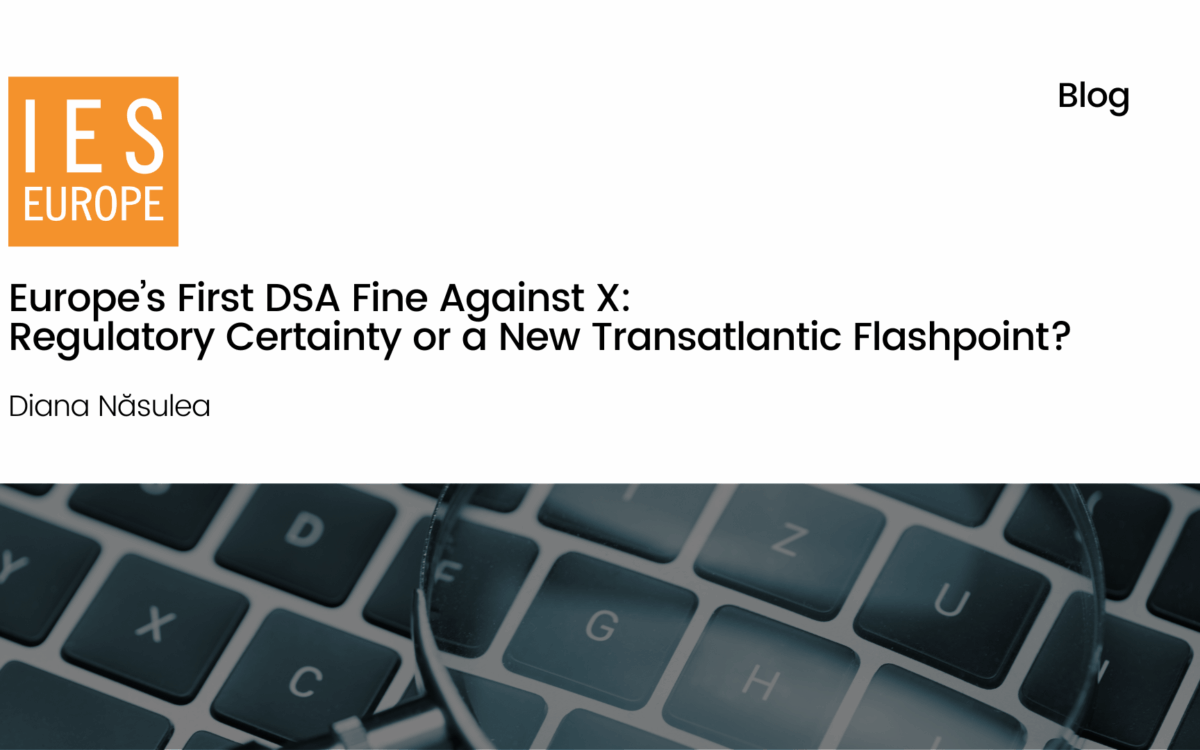Lessons From the FTX Debacle

Lessons From the FTX Debacle
Frank Schäffler // 13 December 2022
Once again, Bitcoin and other cryptocurrencies are being claimed dead. For many observers, the bankruptcy of the Bahamas-based trading platform FTX signals the token economy’s vulnerability to fraudsters and charlatans. The collapse of FTX, the world’s second-largest marketplace for crypto assets to date, and particularly popular in the US, was triggered by the biggest player in the game, Binance. The latter announced that it would off-load its FTT tokens issued by FTX onto the market. This led to a crash in the price of the tokens from US$ 25 to currently about US$ 1.30. Subsequently, the founder of Binance, Changpeng Zhao (called CZ), announced his intention to take over FTX, but thereafter, he withdrew this offer. The motive behind this was probably the disastrous compliance rules and fraud associated with the company. Customer deposits backed by FTT tokens were lent to the hedge fund Alameda Research, which belongs to the FTX conglomerate. When the token hit rock bottom, the collateral was lost and so were the deposits. Therefore, the underlying crypto assets did not simply disappear into thin air, they belong to someone else now.
This process reveals several important insights. First, even in the crypto world, fraud is a possibility. Cryptocurrencies based on blockchain technologies such as Bitcoin or Ether (on the Ethereum blockchain) are counterfeit-proof. In other words, no one has been able to crack the blockchain generated by their cryptography. Hacks and frauds target interfaces and smart contracts, not the underlying technology. Secondly, central intermediaries have emerged in the market that have taken over the trading and safekeeping of Bitcoin and other cryptocurrencies. You can indeed store your Bitcoins – and other cryptocurrencies – on a self-hosted wallet, i.e., in a decentralised and self-managed wallet that no one but you can access. Even so, many do not use this option due to its inconvenience or a fear of losing their crypto assets if they forget their private key. They rather entrust their Bitcoins and other crypto assets to central trading centres. However, in the US, these trading centres are – currently – only weakly regulated or not regulated at all.
Additionally, users no longer own their Bitcoins or other crypto currencies, in the true sense of the word, if they are held in a central trading centre. To properly own them, they need not only the public key but also the private key. The latter identifies someone as the actual owner of the Bitcoin. However, if Bitcoins are stored on a central platform, the platform possesses the private key. The depositor only has a subordinate claim against the trading platform, as with a bank deposit in a savings account. Unlike securities such as shares and investment funds – where banks or exchanges must regard these as special assets and ownership remains with the investor, crypto assets on trading platforms or exchanges do not function the same way.
This state of affairs reveals a weakness that needs to be resolved in regulatory terms to secure trust in these marketplaces. Ultimately, these trading platforms need regulations comparable to that of securities exchanges and investment funds. Assets must be regarded as special assets that may not be lent or passed on without the depositor’s consent. There also must be a guarantee to ensure the most efficient execution of a buy or sell order. Here too there is a grey area regarding the need for transparency.
Crypto assets are increasingly becoming an asset class that private and institutional investors use and appreciate. The potential is huge: be it as security in the face of an uncertain global economy or as a free space for people in autocracies and dictatorships. To keep it that way, we cannot avoid stronger regulation of intermediaries. However, this regulation must not start with Bitcoin and other cryptocurrencies, but must focus on the operators of exchanges and trading platforms. Under these conditions, blockchain technology and cryptocurrencies can strengthen decentralisation and technological sovereignty.
The original article was published in German by Prometheus.
EPICENTER publications and contributions from our member think tanks are designed to promote the discussion of economic issues and the role of markets in solving economic and social problems. As with all EPICENTER publications, the views expressed here are those of the author and not EPICENTER or its member think tanks (which have no corporate view).



